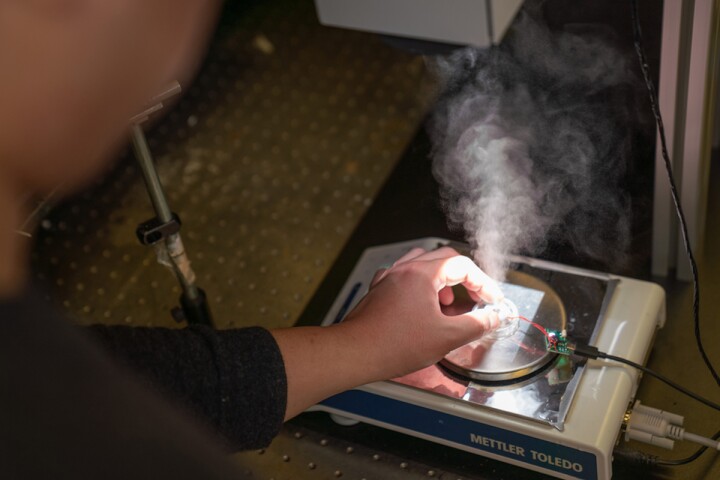As the competitors in the Zero Race for EVs get set to cross the finish line at the end of the month, another team will be setting out on their own around the world journey. This time it’s Mercedes-Benz, which is aiming to demonstrate the efficiency and everyday use suitability of fuel cell technology and campaign for the development of a global hydrogen filling station network by circumnavigating the globe with three of its first series-produced hydrogen fuel cell vehicles, the B-Class F-CELL.
The B-Class F-CELL uses an electric drive system powered by a fuel cell that generates the electrical power on board from a chemical reaction between hydrogen and oxygen. Boasting a range of around 400 km (248.5 miles) and short refilling times, Mercedes is using the around the world trip to highlight the vehicle’s suitability for both everyday use in urban areas as well as longer journeys.
To overcome the current lack of hydrogen filling stations, Mercedes has enlisted the help of international gases and engineering company Linde AG, which will supply hydrogen via its sites and subsidiaries around the globe. In remote areas a tank vehicle, which has been specially developed for the tour, will be used to refuel the vehicles with the necessary hydrogen.
Mercedes says that, in recognition of the invention of the automobile 125 years ago, the F-CELL World Drive will last 125 days on a route that will take it through through four continents, 14 countries and a wide variety of climate zones along a range of road conditions to demonstrate the technical maturity of its B-Class F-CELL.
Starting out from Stuttgart, Germany on January 30, the Mercedes-Benz F-CELL World Drive will travel through France, Spain and Portugal before heading to North America, where they will drive through the U.S. and Canada. After traveling across Australia the vehicles will hit Asia and pass through China, Kazakhstan, Russia, and finally northern Europe, before returning to Stuttgart at the beginning of June.







